Giancarlo Garippa - Memory Project
1/65
There's no tags or description
Looks like no tags are added yet.
Name | Mastery | Learn | Test | Matching | Spaced |
|---|
No study sessions yet.
66 Terms

Explicit Memory
Involves conscious recall of facts and experiences
Ex. Being in my living room watching the world cup finals

Episodic Memory
Type of explicit memory, recollection of personal experiences and specific events
Ex.Falling on the ice on the stairs and falling on my nose
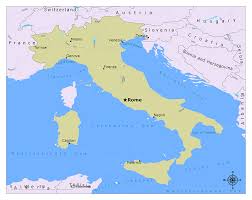
Semantic Memory
Type of explicit memory, recall of general facts and knowledge
Ex.Realising what the capital of Italy is

Implicit Memory
This type of memory does not require conscious thoughts and is crucial in performing everyday tasks automatically
Ex. Making a right out of my bedroom to go to my bathroom
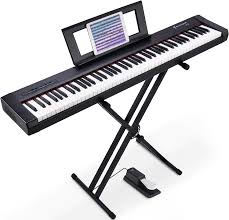
Procedural Memory
A type of implicit memory that enables the performance of tasks and skills without conscious awareness, such as riding a bike or playing an instrument.
Ex.Learning to play the piano self taught

Prospective Memory
Remembering to perform an action or recall a planned intention at some future point.
Ex. Taking Cali out after school and at night

Long term potentiation
A process in neuroscience that refers to the long-lasting strengthening of synapses between neurons
Ex: gym for brain
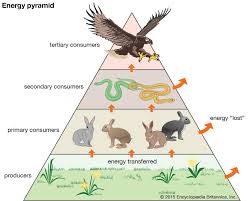
Working memory model
It describes the structure and processes involved in short-term memory and how it actively processes and manipulates information
Ex. like a food chain for the brain

Working Memory
Temporarily holding and manipulating information
Ex. In baseball when you field the ball and hold it for a second before throwing it

Central executive
Control center of working memory, manages attention, memory components, and integrates information from our senses and long-term memory
Ex. Keeping my attention span taking the essays last year in social studies
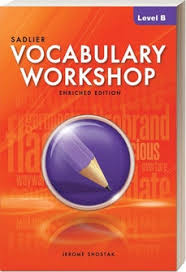
Phonological loop
Component of working memory responsible for processing and storing verbal and auditory information
Ex.Remembering my vocab words in 7th grade and doing it from memory

Visuospatial sketchpad
Component of working memory that handles visual and spatial information. It allows for the temporary storage and manipulation of images and spatial relationships, enabling tasks such as Navigation, Geometry, Visual tracking, Manipulating objects
Ex. Remembering what Mr. Heald wrote on the whiteboard for the ss essay

Multi-store model
Describes memory as a three-part system that includes:
Sensory Memory
Short-term Memory
Long-term Memory
Ex.Three parts of a golf swing
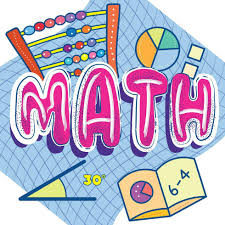
Sensory memory
Where sensory information is stored for a very brief period
Ex. Learning math and remembering it in class but forgetting after
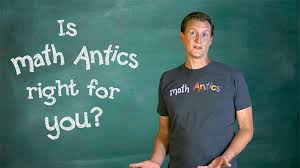
Iconic memory
Captures a precise copy of a visual scene for a fraction of a second before it fades, briefly holds visual images, and allows the brain time to process and potentially transfer information to short-term memory
Ex. Watching a video for math and remembering a little bit

Echoic memory
Type of sensory memory that retains auditory information
Ex.Listening to j cole and remembering the lyrics
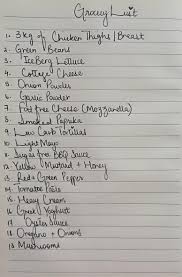
Short-Term Memory
Temporarily holds a small amount of information
Ex. Remembering the grocery list with four things on the fridge
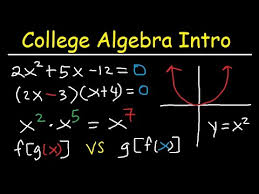
Long-Term Memory
Information is stored indefinitely, with a virtually unlimited capacity
Ex. Comprehending what I learned in algebra

Automatic processing
The unconscious encoding of information about space, time, frequency, and well-learned tasks
Ex. Realizing I made a right turn in a car without realizing i did

Effortful processing
Requires active work and attention to encode information into long-term memory
Ex:Solving the puzzle on the dining room table
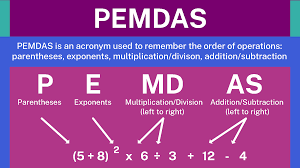
Encoding
Information is perceived and transformed into a format that can be processed and stored in the brain
Ex. Remembering pemdas in the fourth grade

Storage
The process of retaining information in the brain over time
Ex.Getting a 100 on Geometry for the first time sophomore year
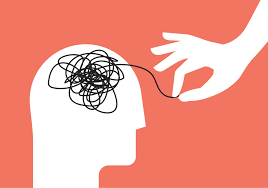
Retrieval
The process of accessing and bringing stored information back into conscious awareness
Ex.Remembering what recall was from psychology last year

Levels of processing model
The depth at which information is thought about affects how well it is remembered
Ex.Knowing 1700s us history worse than the late 1800s/early 1900s

Shallow encoding
Surface characteristics of information, such as the sound or appearance of words
Ex. Hearing the sound of the bee before I got stung

Deep encoding
Processing information by focusing on its meaning and connecting it to existing knowledge
Ex. Connecting the Us history I learned last year to what I already knew in fourth grade

Structural, phonemic, semantic
Shallow processing that focuses on the physical structure of information Ex.Getting a hand out in chem
Shallow processing that focuses on the auditory aspects of information Ex.Hearing my teacher teach in chem
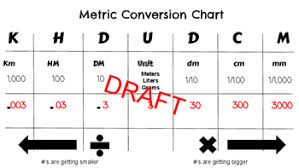
Mnemonic devices
Techniques used to improve memory, help in recall by adding simple cues like patterns, vivid images, or rhymes
Ex.Seeing KHDUDCM for the first time

Method of loci
Mnemonic technique that involves associating items to be remembered with specific physical locations
Ex. Whenever I think of recall I think of Mr miller’s classroom

Chunking-Grouping
Memory strategy of grouping individual pieces of information into larger, meaningful units
Ex. Connecting an animal to my APES class
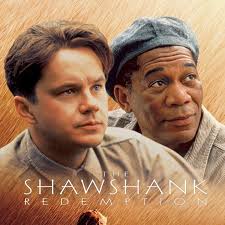
Categories-Grouping
Method of organizing information by grouping related items together into categories
Ex. Grouping two movies to my favorite

Hierarchies-Grouping
Organizing information into a system of ranked categories or levels
Ex. Ranking types of basketball players at the gym
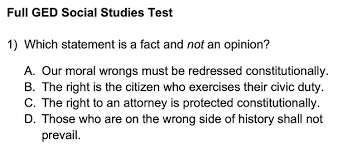
Spacing effect
Learning is more effective when study sessions are spaced out over time
Ex. Studying for my SS test over a span of 2 days instead of the night before

Memory consolidation
New memories can be integrated with existing memories, influenced by prior knowledge, beliefs, and experiences
Ex. opening a window and realizing a similar time I did it

Massed practice
Learning strategy where content is studied intensively over a short period without breaks
Ex.Studying for an hour before my psych test
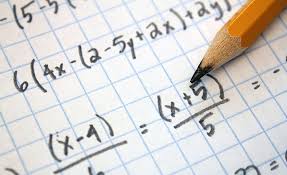
Distributed practice
Learning is more effective when study sessions are spaced out over time
Ex.Spacing out my study time for my math test

Serial position effect
The tendency to remember items at the beginning (primacy effect) and end (recency effect) of a list better than those in the middle
Ex. the box in ap psych

Primacy effect
Tend to remember items presented at the beginning of a list better than those that follow
Ex. Mr miller’s class

Recency effect
The most recently presented items in a list are recalled more clearly and accurately than the items in the middle
Ex.Mr Millers class too

Maintenance rehearsal
Learning technique that involves repeatedly reviewing information to keep it in short-term memory
Ex. When I was trying to remember the road trip game in ap psych
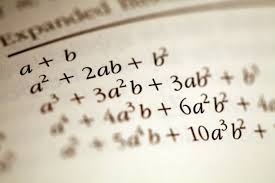
Elaborative rehearsal
Memory technique that involves deep processing of information by adding meaning or connecting it to existing knowledge
Ex. Connecting college algebra too what I learned freshman year

Memory retention
The ability to maintain and store information over time
Ex.Remembering a thing for a test and still knowing it after

Autobiographical memory
Type of memory with events and experiences from an individual's own life
Ex. Remembering when I fell down the stairs

Retrograde amnesia
Memory disorder that involves the loss of memories formed before the onset of amnesia
Ex. grandma

Anterograde amnesia
Memory disorder characterized by an inability to form new memories following amnesia, memories from before the event remain intact
Ex. Relearning who people are after
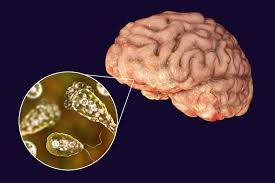
Alzheimer’s disease
Progressive neurological disorder that leads to memory loss, cognitive decline, and behavioral changes
Ex.Watching the news and seeing someone have a brain eating bug

Infantile amnesia
The phenomenon where people cannot recall personal memories from the early years of life
Ex. Not knowing everything that happened when I was younger

Retrieval
The process of accessing and bringing stored information back into conscious awareness
Ex. Remembering something that happened when I was a kid that I previously did not

Recall
Type of memory retrieval that involves accessing information without the aid of cues
Ex. No help remembering what I did in econ

Recognition
Type of memory retrieval that involves identifying information
Ex. Looking at the art freshman year and realizing who is who

Retrieval cues
Stimuli that help bring previously learned information to mind
Ex. Getting a little help to realize who king Tut was in 10th grade
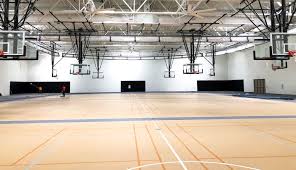
Context-dependent memory
When you remember information better in the same environment where you first learned it
Ex. Doing good in math last year on the test but the final

Mood-congruent memory
The tendency to recall information that is consistent with one's current mood
Ex.When I was happy learning math and did good when I was happy taking the test

State-dependent memory
Memory retrieval is most effective when an individual is in the same state of consciousness
Ex. Being well awake during studying and being well awake when taking the test

Testing effect
Long-term memory is enhanced when some of the learning period is devoted to retrieving the information through testing
Ex. Taking my math quiz and then doing good on the test

Metacognition
The awareness and understanding of one's own thought processes, especially in relation to learning and memory
Ex. Thinking to myself and making a good connection
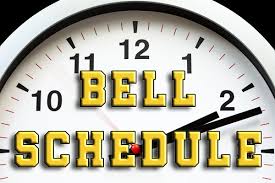
The forgetting curve
The rate at which memory fades over time
Ex. Not being able to remember what I learned first period at eight period
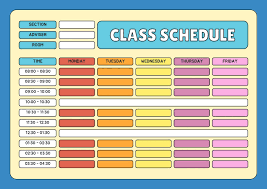
Encoding failure
Occurs when information does not enter long-term memory due to inadequate processing at the time of encoding
Ex.Forgetting what I learned last period

Proactive interference
Older memories inhibit the ability to learn and remember new information
Ex.Throwing a football then remembering a time I did the same freshman year in gym

Retroactive interference
New learning impairs the recall of previously encoded information
Ex. When I didn’t go in one day and i’m trying to remember from the day before and the teacher is moving top fast
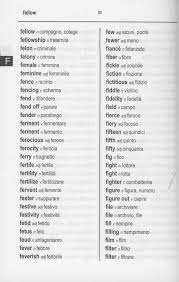
Tip-of-the-tongue phenomenon
Common memory experience where an individual feels confident that they know a word or a name, but cannot immediately recall it
Ex.I can see the Italian term but cant remember the translation

Repression
Distressing thoughts and memories are unconsciously blocked from entering conscious awareness
Ex.Not remembering something in particular

Misinformation effect
Happens when new, incorrect information influences how we remember past events
Ex.False memories from psych green,red light

Source amnesia
The inability to remember where, when, or how previously learned information has been acquired (lost context), while retaining the factual knowledge
Ex. Going to sleep and forgetting that I went to school but remember what I learned

Constructive memory
Memories are not merely retrieved but actively constructed
Ex.Taking a while to remember what I did yesterday when I tried to remember right now

Imagination inflation
Imagining an event that never occurred can increase confidence that it did occur
Ex.When I saw a movie and someone was very confident and wrong